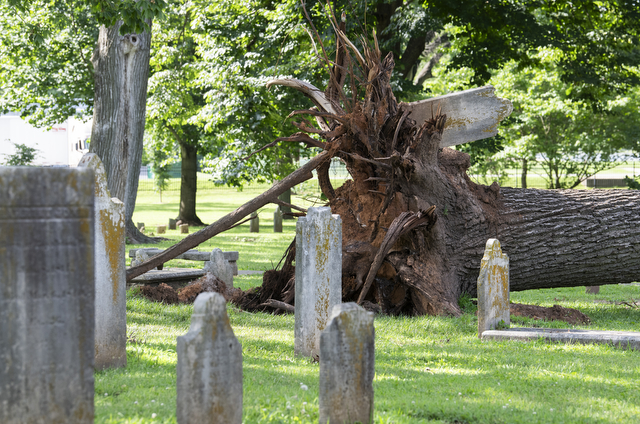Bird research in Alaska combines WKU disciplines
Published 9:00 am Saturday, April 16, 2016
A Western Kentucky University researcher is going to the top of the world this summer and next to continue his landmark research on birds.
Birds, like humans, sleep at night in the lower 48 states, WKU assistant professor Noah Ashley noted Thursday. But when there is constant daylight, such as in Barrow, Alaska, during the summer months, how do the birds sleep?
Ashley, who has been in WKU’s Department of Biology for about three and a half years, has received a National Science Foundation research grant that totals nearly $1 million. He submitted the grant application last summer.
Cheryl Davis, WKU interim associate provost for research and creative activity, said the NSF grant is the largest a WKU researcher on campus currently holds.
“It is clearly very significant,” Davis said.
The grant will help Ashley research sleep patterns in Alaskan birds and find out how much sleep they are losing because of being exposed to so much sunlight – the sun doesn’t set in Barrow for 82 days straight, he said.
Ashley will work with the WKU SkyTeach program and also Gatton Academy students from the WKU-based high school. The students will interact with the Barrow students, taking in local festivals, such as one all about whales, Ashley said. They’ll also assist Ashley in capturing the Alaskan birds, so that tiny transmitters may be placed on the birds.
The transmitters will give researchers information on muscle movement and brain activity by the birds and other things related to the birds’ sleep patterns.
Birds, like humans, undergo different stages of sleep, including the most restful REM sleep, Ashley said.
The program will be conducted in June this year and June and July next year.
“It is wonderful,” Davis said. “These kinds of collaborative interactions are strongly encouraged.”
Looking at circadian rhythms in birds helps researchers better understand human sleep disorders, Ashley said. The first year of the NSF grant for fiscal year 2016 is $325,048. Over the course of the next five years, it totals $965,048. That’s quite a bit more than he received for first research grant years ago – $140,000 over three years, he said.
Ashley has researched sleep since his postdoctoral research at Ohio State University, where he studied sleep in rodents.
He also called Barrow his residence for several years and met his wife, Amanda, there. Barrow has about 5,000 residents, he said. The extreme north community also has no trees and its permafrost only melts for about a month or so each summer, he said.
The title of the research project is a mouthful: RUI: Physiology of Sleep and Assessment of the Costs of Experimental Sleep Loss in Arctic-Breeding Songbirds.
Martha Day, who runs WKU’s SkyTeach program and who will be working with Ashley and some of her senior teaching students on a high school curriculum for the Barrow high school students, agreed with Davis’ assessment: “How often do you get to show your students a totally different diversity and culture?”
Day said the curriculum for the Barrow students will be developed at WKU and used first at a rural Kentucky school.
“Dr. Ashley’s grant opens up a new frontier for Gatton Academy student research,” noted Derick B. Strode, Gatton Academy assistant director of academic services, in an email to the Daily News on Friday. “We look forward to our students being involved in songbird and sleep pattern research with WKU and to their summer internships in Barrow, Alaska. Being in America’s northernmost city for a summer will expose our students not only to great research, but also to a vastly different American culture as they interact and collaborate with local teens.”
The bird sleep study is actually the opposite of the 1930s sleep study conducted at Mammoth Cave. There, researchers put volunteers in total darkness to measure how humans react to disruptions in their natural circadian rhythms because of a lack of natural light.
— Follow business reporter Charles A. Mason on Twitter @BGDNbusiness or visit bgdailynews.com.






